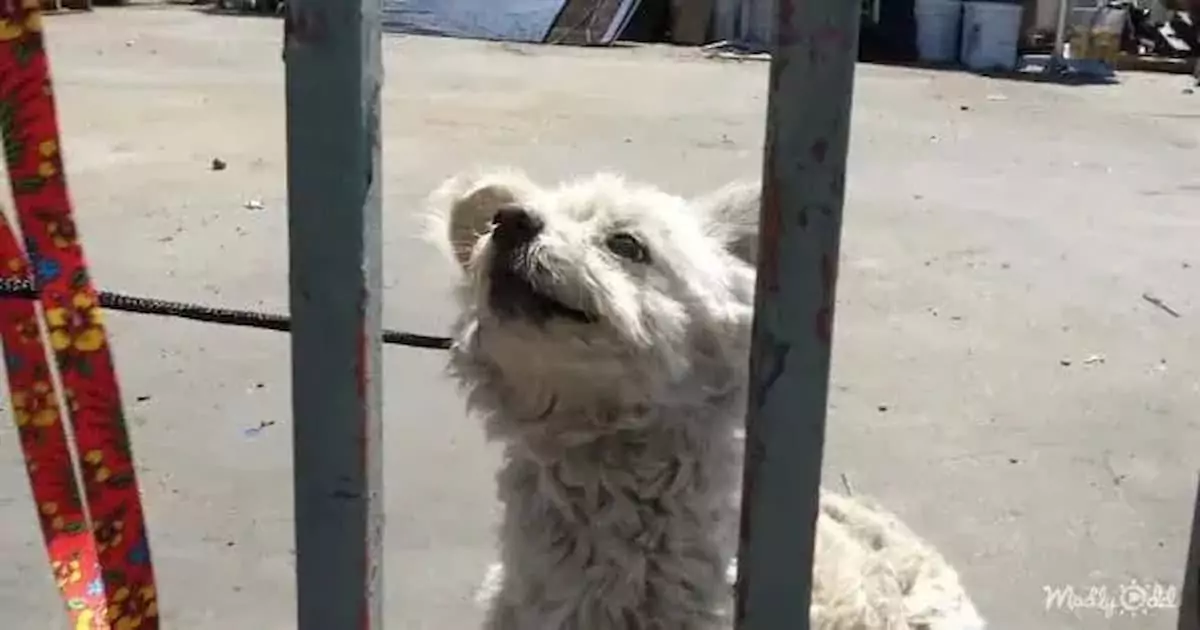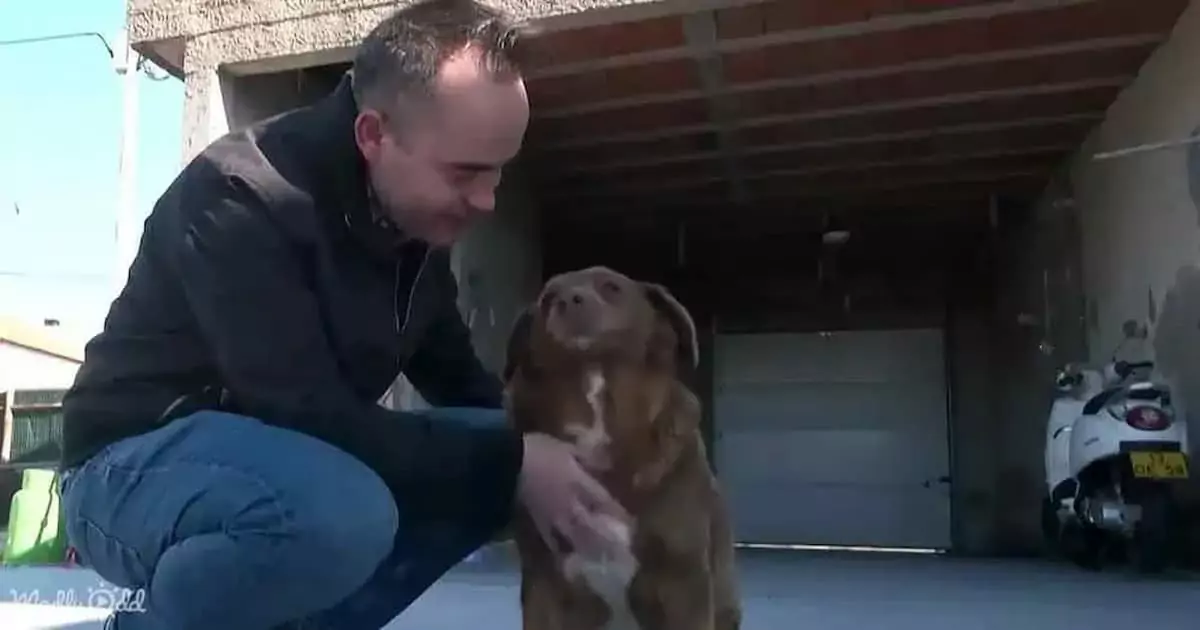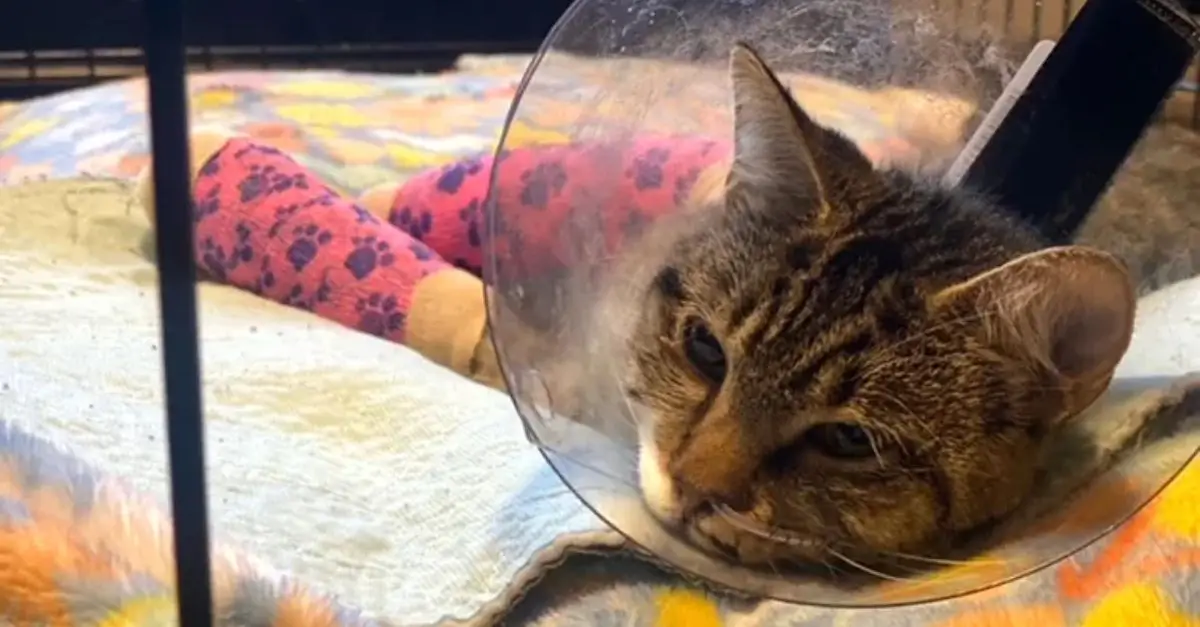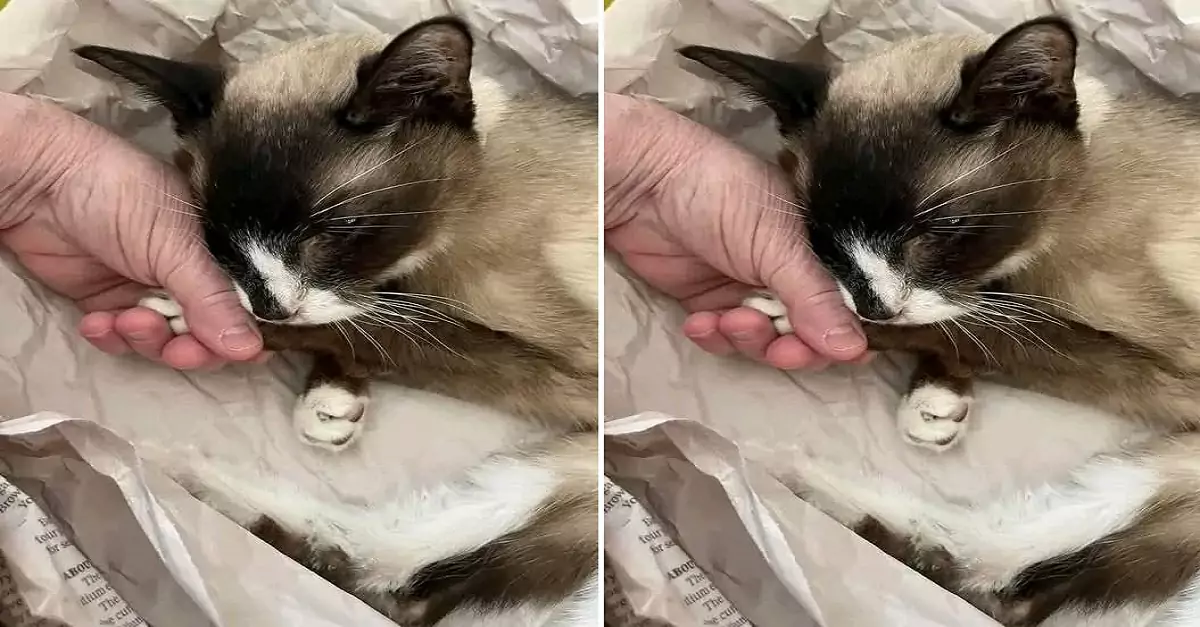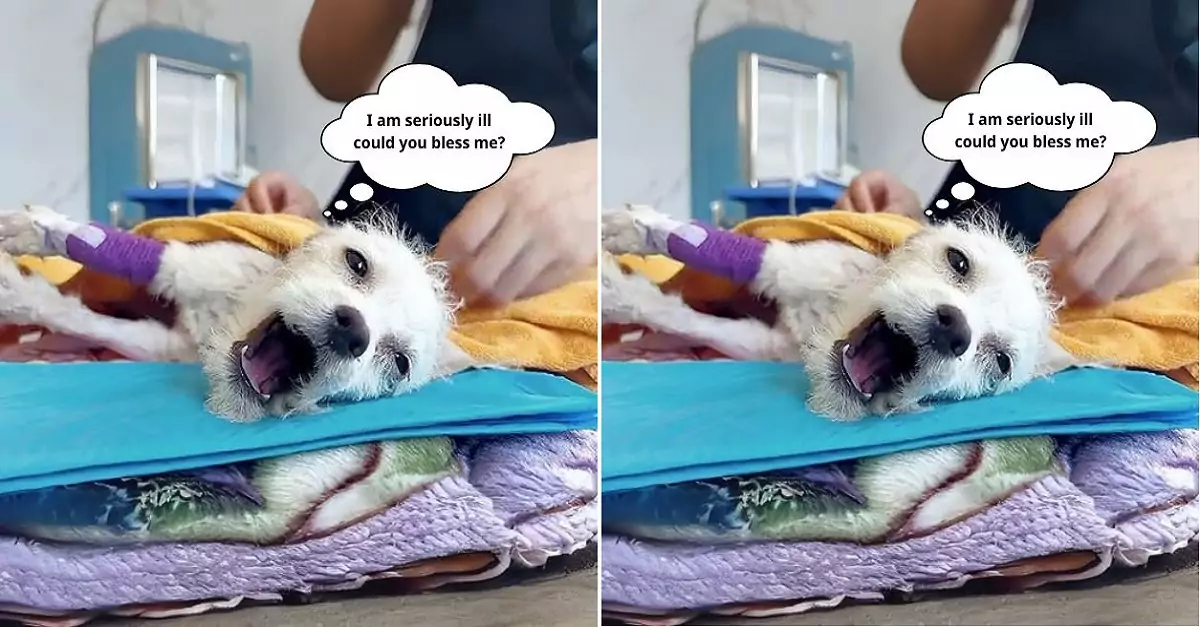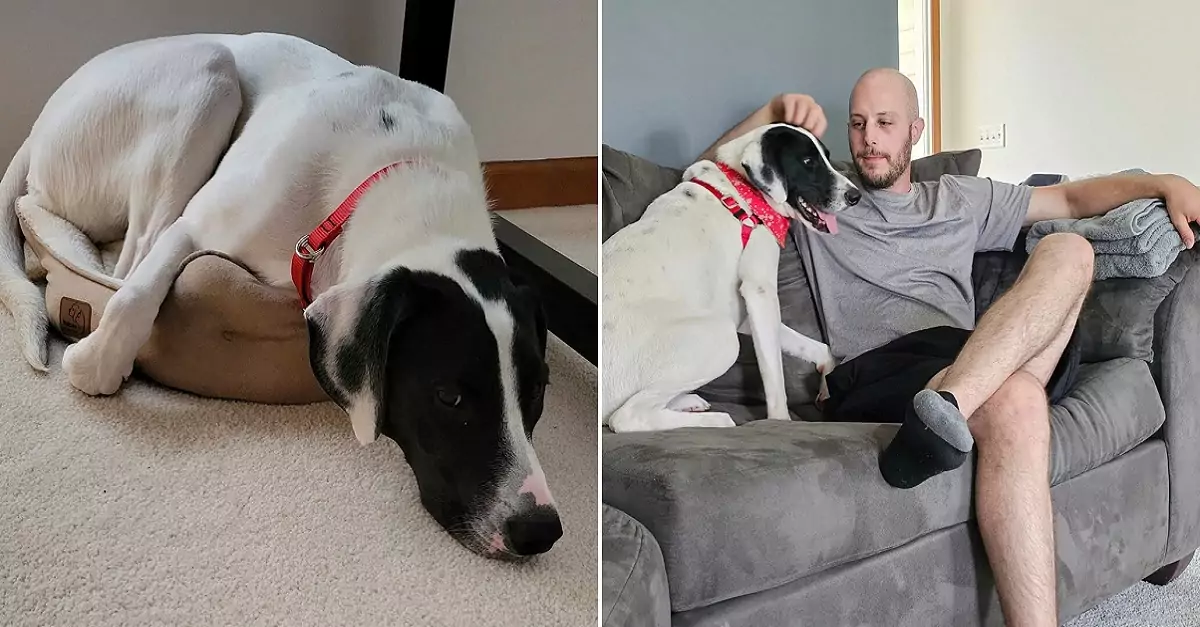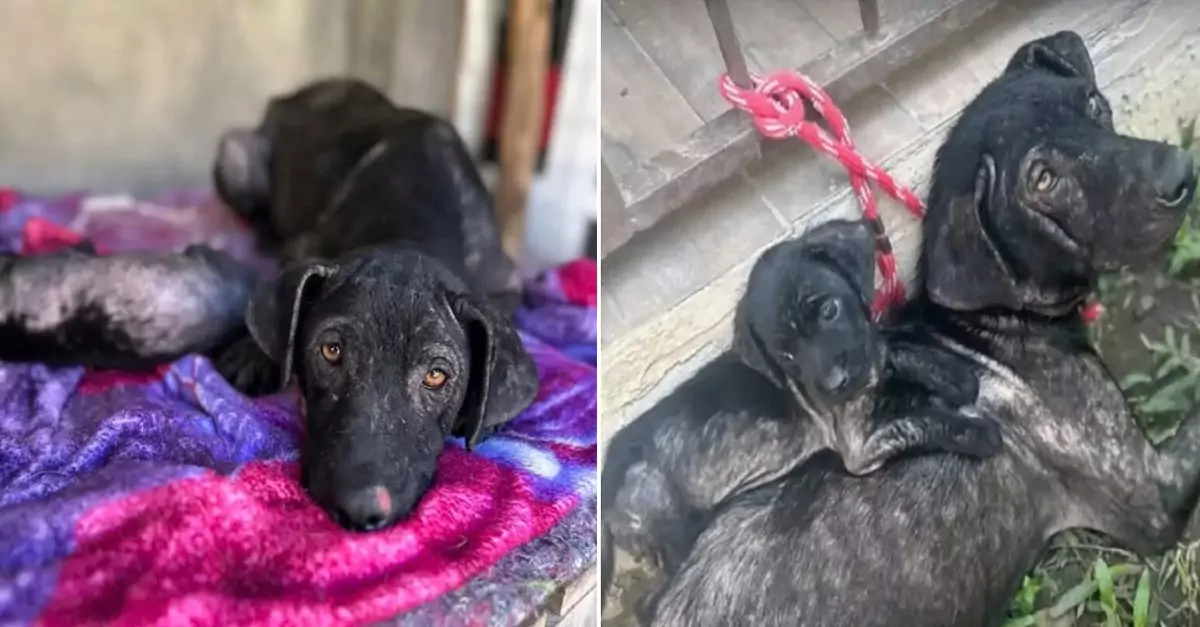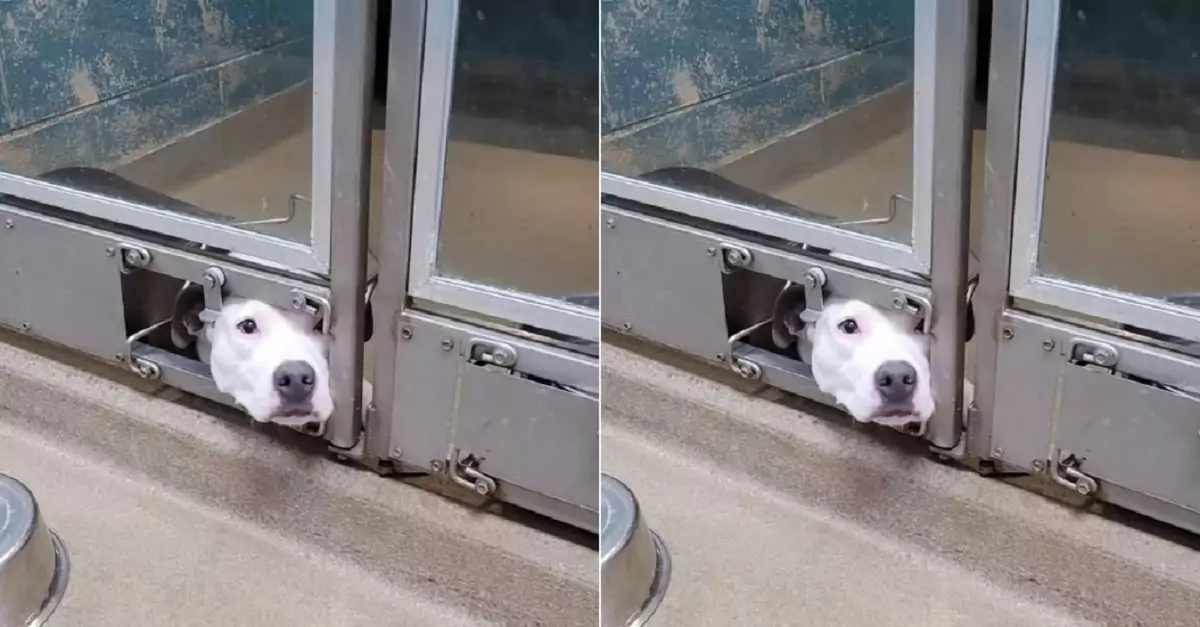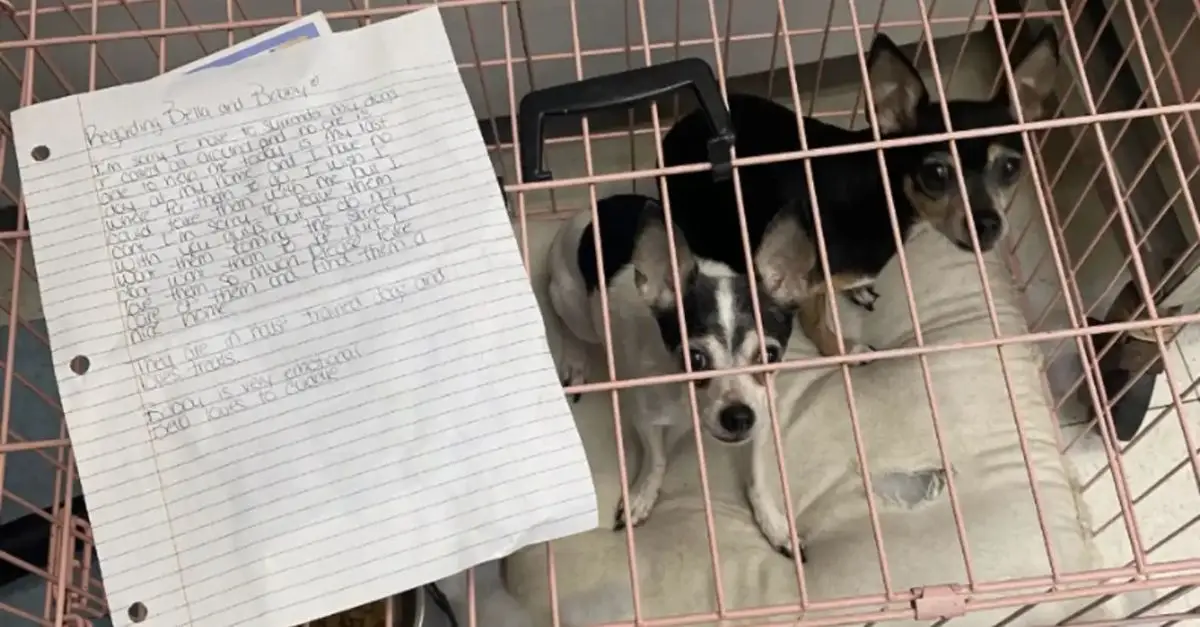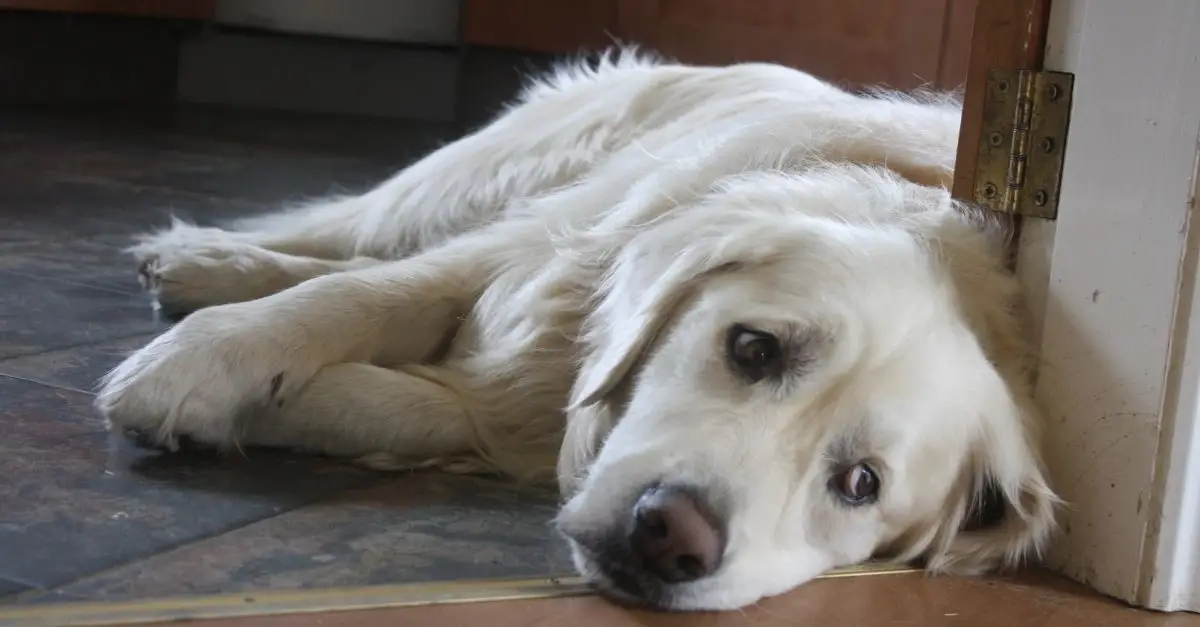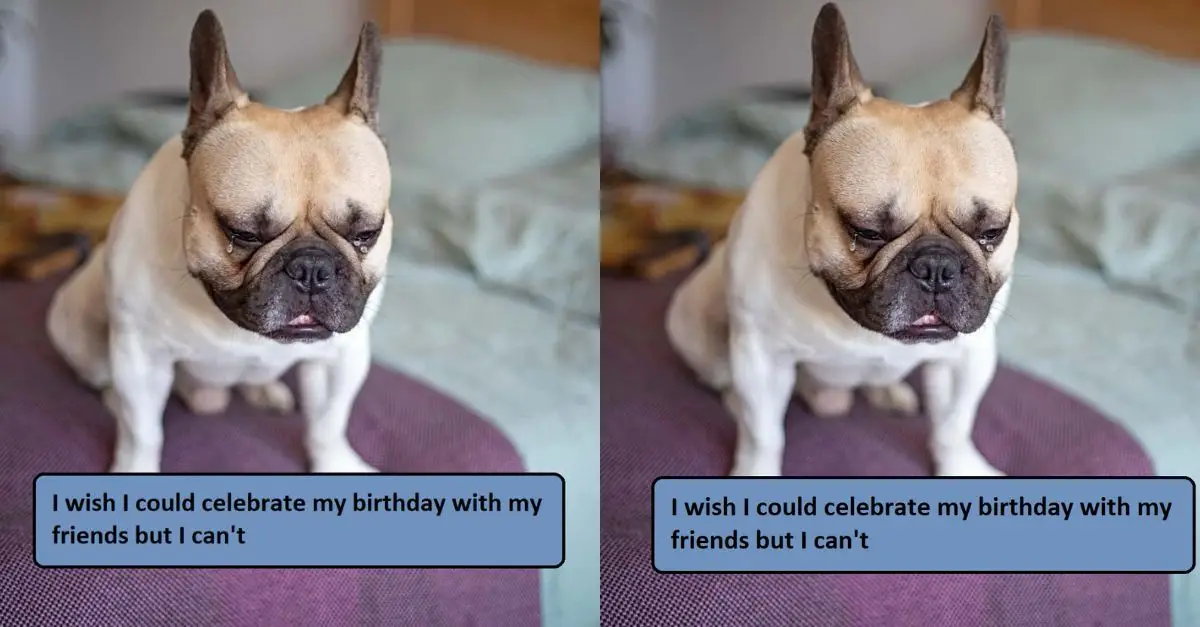The silence that followed my tentative question always felt heavier than any spoken word. “Do you despise my missing limbs? I feel like everyone does.” The words hung in the air, a fragile offering of vulnerability, a desperate plea for reassurance against the crushing weight of perceived judgment. Each missing piece of me, a constant reminder of a past trauma, felt like an invisible barrier, a reason for others to recoil, to pity, or worse, to despise.
From the corner of my eye, I would often catch the fleeting glances, the subtle shifts in expression that seemed to confirm my deepest fears. A momentary widening of the eyes, a slight pursing of the lips, a hesitation before offering a touch – these small, perhaps unintentional, reactions felt like daggers to my already fragile self-esteem. They reinforced the insidious whisper in my mind that I was somehow less, somehow flawed, somehow deserving of being looked down upon.
The world, designed for bodies whole and unbroken, often felt like an obstacle course. Simple tasks became monumental efforts, requiring extra time, extra energy, and often, the silent endurance of discomfort and pain. The stares that followed my struggles, though sometimes born of curiosity, often felt laced with pity, a sentiment that stung almost as much as outright disdain. It was as if my missing limbs were a scarlet letter, broadcasting my difference to the world, inviting judgment and separation.
I longed for connection, for the simple acceptance that comes with being seen for who I am, not for what I lack. But the fear of rejection was a constant companion, a shadow that followed my every interaction. Would they flinch? Would they hesitate to shake my hand? Would they see past the missing parts to the heart that yearned for friendship and belonging? The uncertainty was a heavy burden, often leading me to withdraw, to build walls around myself in a misguided attempt to preempt the anticipated disdain.
There were moments, fleeting and precious, when someone would look beyond my physical differences, their eyes meeting mine with genuine warmth and acceptance. A child asking a curious question without judgment, an elderly person offering a knowing smile of understanding, a friend offering a helping hand without a hint of pity – these encounters were like drops of rain in a desert, nourishing the parched landscape of my soul. They offered a glimmer of hope, a reminder that perhaps, my fear wasn’t the only truth.
Yet, the ingrained feeling of being judged persisted, a stubborn shadow that clung to my thoughts. Had I become so accustomed to the subtle cues of discomfort that I now misinterpreted genuine kindness? Was I so deeply entrenched in my own insecurity that I saw disdain where there was only curiosity or perhaps even admiration for my resilience? The line between perception and reality blurred, fueled by years of navigating a world that often seemed to highlight my difference.
The longing for a space where my missing limbs were simply a part of me, no more significant than the color of my eyes or the sound of my laughter, was a deep and persistent yearning. A place where I could move freely, interact without hesitation, and offer my whole self without the fear of silent judgment. A place where the question, “Do you despise my missing limbs?” would be met not with awkward silence or pity, but with a genuine, heartfelt, “No, I see you.”
The journey towards accepting myself, flaws and all, was a slow and often painful one. It required confronting the internalized negativity, challenging the perceived judgments, and slowly, tentatively, opening myself up to the possibility of genuine connection. It meant learning to see curiosity as just that, pity as a misguided emotion, and genuine acceptance as the precious gift it truly was.
And perhaps, one day, the question that haunted me would fade into a whisper, replaced by the quiet confidence of knowing that while some might stumble over my physical differences, there are those who will see the strength in my resilience, the beauty in my wholeness, and the love in my heart – a love that is not diminished by what is missing, but perhaps, made even more profound by the journey I have walked. The hope remains that the feeling of universal disdain will eventually be replaced by the comforting embrace of universal acceptance.


